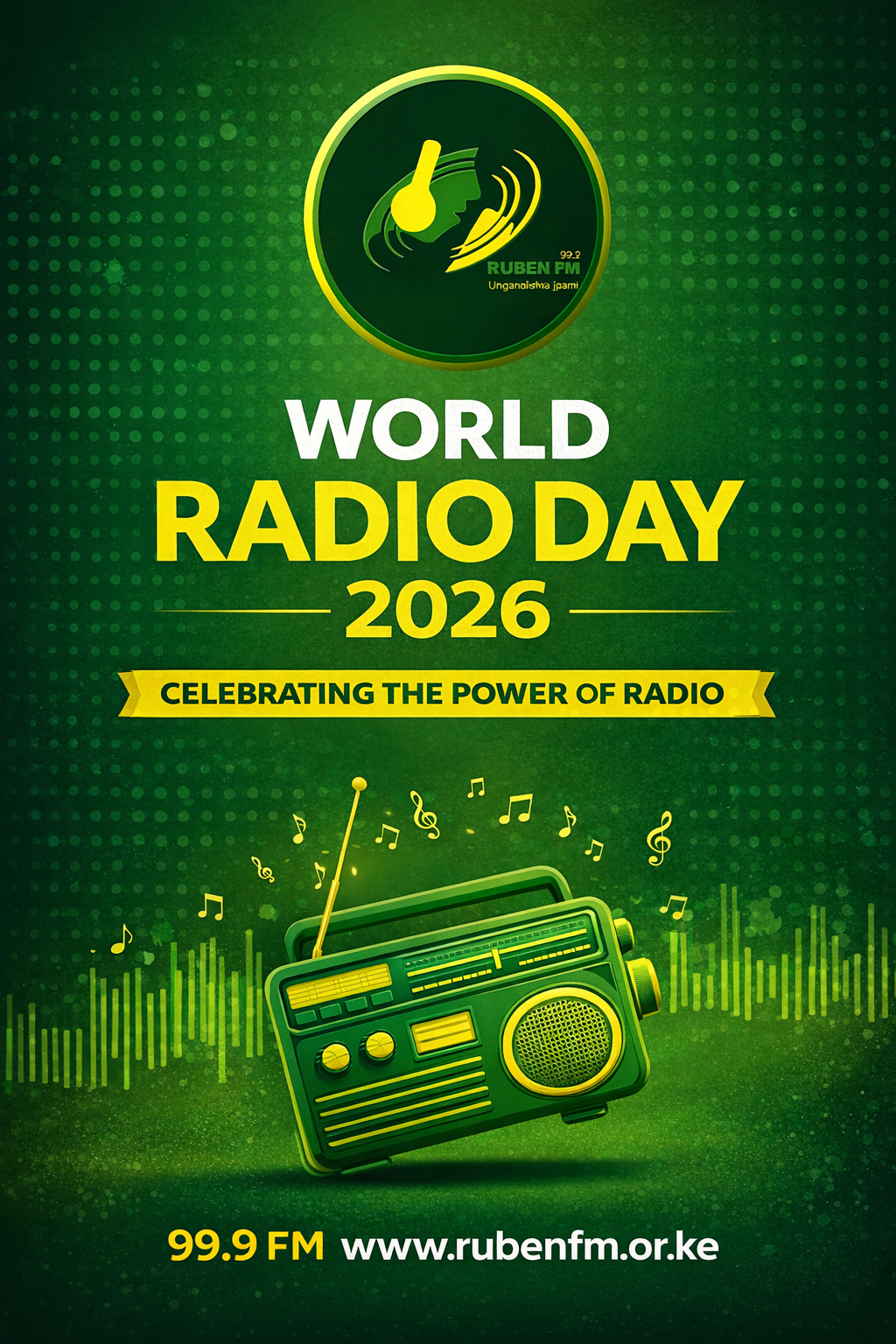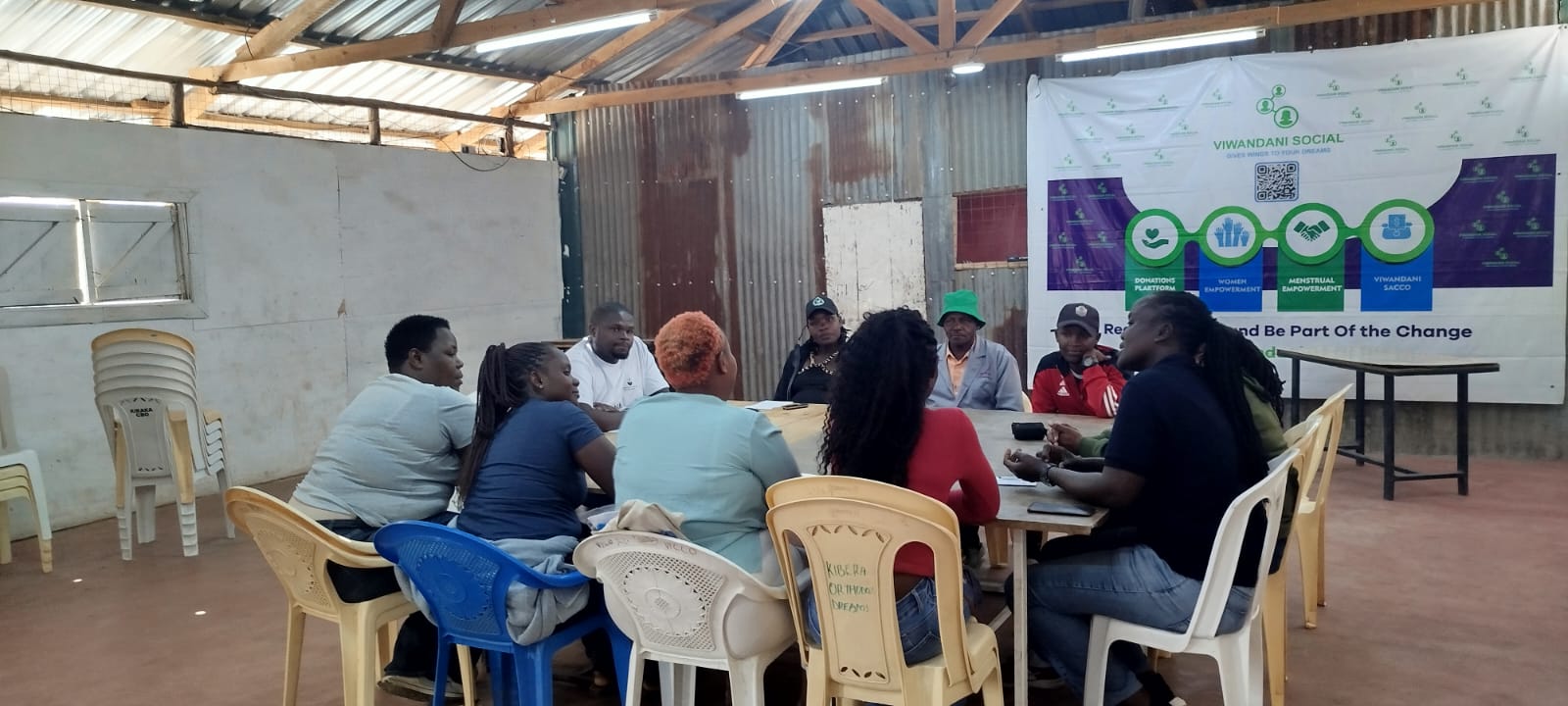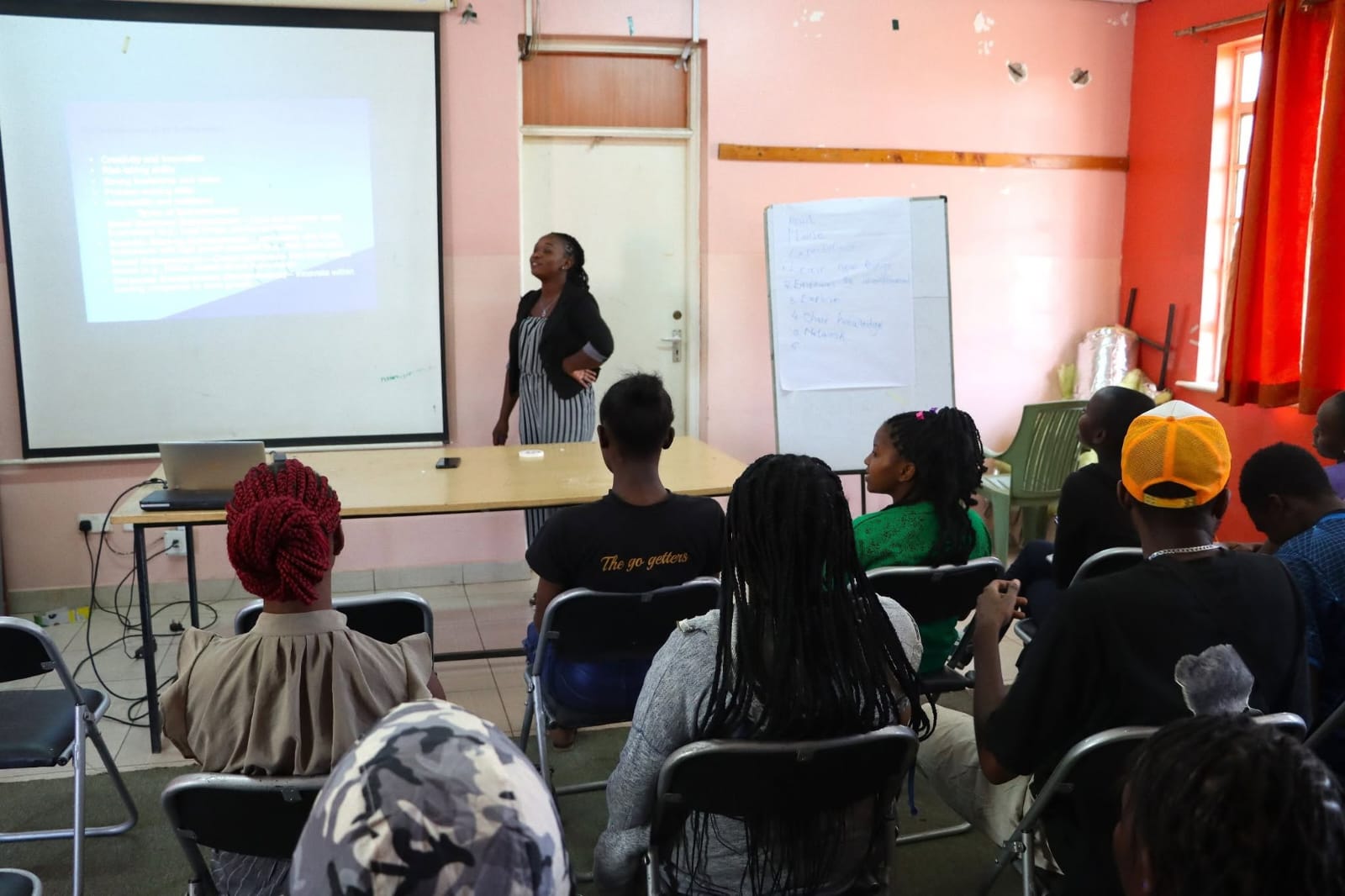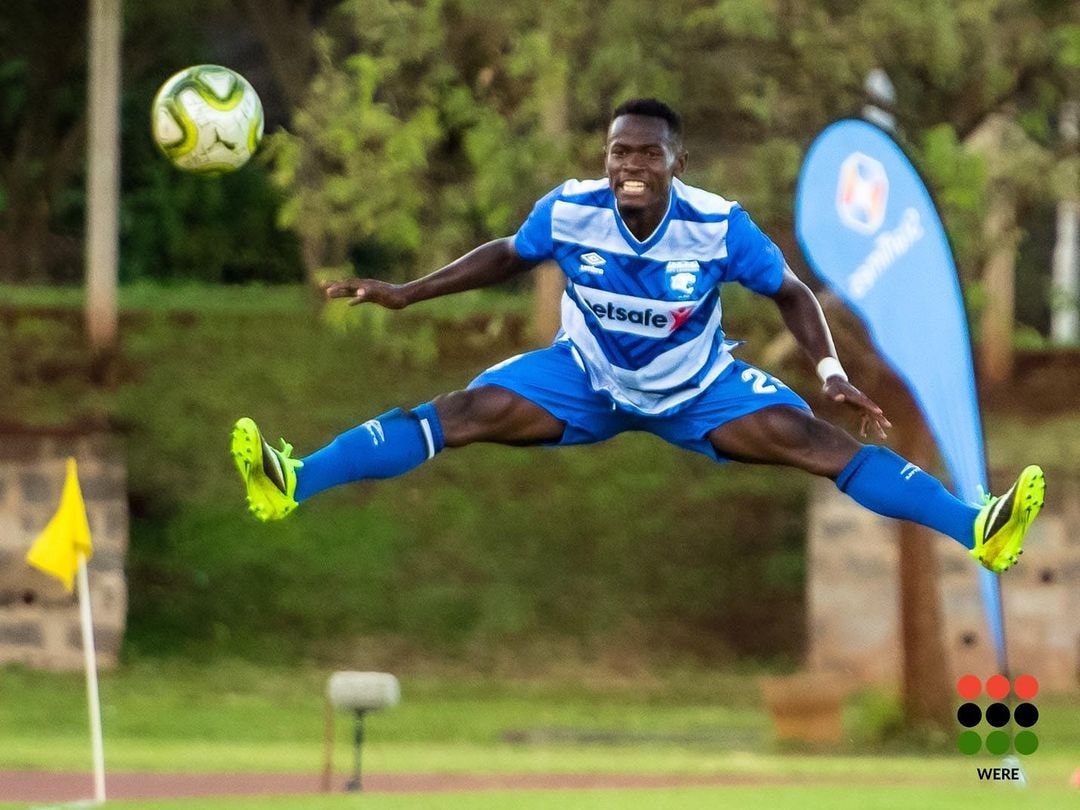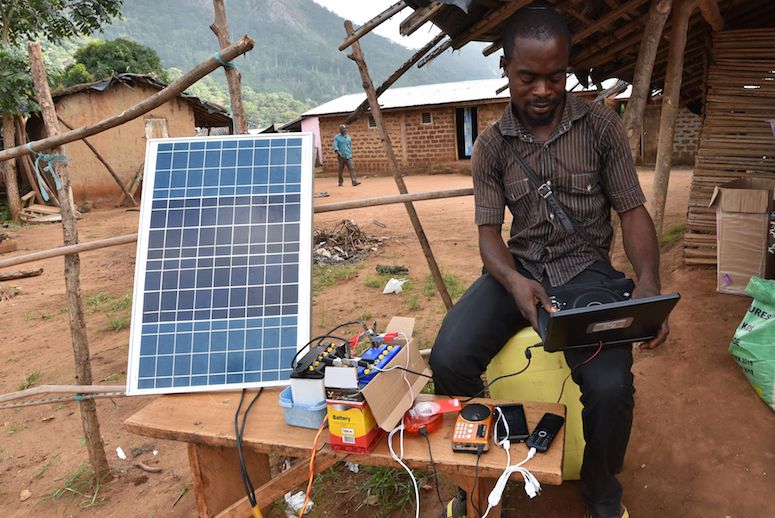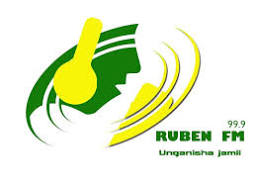FALSE: Photo does not show the drought situation in Embolioi, Kajiado County, in October 2022
FALSE: This video is not of cars burning in Naivasha, Kenya
The video was taken on 25 June 2023 in Botswana.

This YouTube video claiming to show cars burning in a large parched field in Naivasha, Kenya, is FALSE.
The video shows a distressed person kneeling and then bowing down with hands on the head. The person stands up and walks a few steps, then falls again. Another individual comes to the rescue of the distressed person.
Meanwhile, a fleet of cars is burning. The fire spreads to the dry grass as a cloud of smoke covers the entire skyline. Some inaudible chatter is in the background.
But did the fire consume cars in Naivasha, Kenya? We investigated.
A reverse video search established that the incident happened in Jwaneng, Botswana, on 25 June 2023, as reported here, here, and here. The occasion was the Gazoo Toyota Racing 1000 Kalahari Botswana Desert Race, popularly known as Mantshwabisi.
Toyota 1000 Desert Race 2023 ends in flames
What began as a fun day out turned into a disaster when approximately 49 cars caught alight at the Toyota 1000 Desert…
www.ecr.co.za
Approximately 49 cars caught fire, but there were no deaths or injuries reported. Some news websites reported that witnesses at the desert race claimed the fire started from an ember that fell from a food vendor’s braai onto the dry grass. It then spread to the parked vehicles.
The Toyota Gazoo Racing 1000 Kalahari Botswana Desert Race was a three-day affair from 23 to 25 June 2023 in Jwaneng. Team Ford Gareth Woolridge and Boyd Dreyer won the race.
Meanwhile, the 2023 World Rally Championship (WRC) was held in Kenya from 22 to 25 June 2023. French driver Sebastien Ogier won the championship.
PesaCheck has looked into a YouTube video purporting to show a series of cars burning in a large, dry field in Naivasha, Kenya, and found it to be FALSE.
This post is part of an ongoing series of PesaCheck fact-checks examining content marked as potential misinformation on Facebook and other social media platforms.
By partnering with Facebook and similar social media platforms, third-party fact-checking organisations like PesaCheck are helping to sort fact from fiction. We do this by giving the public deeper insight and context into posts they see in their social media feeds.
Have you spotted what you think is fake or false information on Facebook? Here’s how you can report. And, here’s more information on PesaCheck’s methodology for fact-checking questionable content.
This fact-check was written by PesaCheck fact-checker Naomi Wanjiku and edited by PesaCheck senior copy editor Cédrick Irakoze and acting chief copy editor Francis Mwaniki.
The article was approved for publication by PesaCheck managing editor Doreen Wainainah.
PesaCheck is East Africa’s first public finance fact-checking initiative. It was co-founded by Catherine Gicheru and Justin Arenstein, and is being incubated by the continent’s largest civic technology and data journalism accelerator: Code for Africa. It seeks to help the public separate fact from fiction in public pronouncements about the numbers that shape our world, with a special emphasis on pronouncements about public finances that shape the government’s delivery of Sustainable Development Goals (SDG) public services, such as healthcare, rural development and access to water/sanitation. PesaCheck also tests the accuracy of media reportage. To find out more about the project, visitpesacheck.org.
PesaCheck is an initiative of Code for Africa, through its innovateAFRICA fund, with support from Deutsche Welle Akademie, in partnership with a coalition of local African media and other civic watchdog organisations.
